Linguistics
now browsing by tag
Blog 4 – Slang-ish?
Back in the years of middle school, I had a final oral presentation that essentially dictated whether or not I moved onto the high school English class that I wanted. The only real guideline for the speech was that I teach about what I was passionate about. So partially as a small desperate preteen attempt to be “different” and partially because of the majority of my movie and music tastes at the time, I chose to write a passion speech about the 1990s.
The fact that I didn’t actually grow up in the 90s however proved to be challenging in terms of content, so I had to go off of the knowledge I gained from my nights of cheesy feel good movies on heartbroken Thursdays and preach about shit like Pablo Honey and how it was actually one of the most underrated albums ever.
Anyway, before I even knew what linguistics was, I picked up on some pretty cool things from watching some of my favorite movies, like how popular language, or “slang”, was so much different circa 1998 compared to the late 00s.
One of my favorite films like… ever, ended up being quintessence of mid 90s language.
Clueless fans eat your heart out. Here is a list of famous quotes and terminology from the movie. I thought it was kind of fun to think about the equivalents we have nowadays for what the words meant back then.
An eloquent demonstration and the language in action:
https://www.youtube.com/watch?v=Yf7MT1p1VNI
Here’s just a general example of 90s slang, too, if the whole valley girl thing doesn’t suffice.
http://www.theawl.com/2012/05/express-street-verbage
In lieu of this assignment, I thought maybe it’d be a good idea to date back a little further; what was slang like in the 80s? The internet did not disappoint.
http://www.liketotally80s.com/2009/05/80s-slang/
“Bag your face.” Priceless.
The movie “Heathers” also has some hilarious execution of popular language in the late 80s.
https://www.youtube.com/watch?v=2LkFNZauk90
https://www.youtube.com/watch?v=x2AxfjxwFxw (probably NSFW)
Now, veering away from slang in a decade type setting, I thought it might be cool to consider how slang differs (kind of how we learned earlier in the semester) by region… and what I came most frequently across was British vs American slang. So here’s that.
Some of this stuff is cringe worthy by the way, so brace yourself.
https://www.youtube.com/watch?v=6XxnlQEDgVI
https://www.youtube.com/watch?v=bmHcJnd5j9U
Australian vs American Challenge
https://www.youtube.com/watch?v=AMLQ9V-2f3A
General Australian Slang
https://www.youtube.com/watch?v=wcAIr2-tCeg
https://www.youtube.com/watch?v=dqM64TCr6pU
The Language within Us
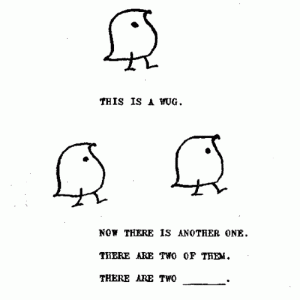
Language Acquisition
A very helpful link that gives an overview of language acquisition. It describes all the stages of language acquisition. It is very detailed and gives specific examples. Since this a website mainly for teachers teaching students acquiring a second language, it focuses mainly on the stages of second language acquisition rather than first. It also provides recommendations and ways to help the development of second language acquisition.
http://www.colorincolorado.org/article/26751/
Here’s a set of video lectures on Youtube that discusses a sub branch of psycholinguistics, language acquisition to be more specific. The first video talks about the role of language acquisition within cognitive linguistics and the specific stages involved. The second video goes into more detail about the main developmental aspects during the acquisition process such as the babbling, one word or two word stage. The last and third video is about the main driving forces in the language acquisition process and delves into innateness of language and factors that influence a child’s language.
https://www.youtube.com/watch?v=prMGbLrbudA&list=UUaMpov1PPVXGcKYgwHjXB3g
https://www.youtube.com/watch?v=_12OZGNGlPU
https://www.youtube.com/watch?v=rWmjpAlEqN0
Language Processing & Framing
Here’s an interesting video on how Google uses natural language processing for spelling corrections. Natural language processing has allowed for interactions between humans and computers. This process enables computers to derive meanings from human language input.
https://www.youtube.com/watch?v=Sx3Fpw0XCXk
A very thorough article about cognitive framing. It describes what frames are and discusses the importance of frames. It also provides different forms of frames and a diagram to help us better understand it.
http://www.beyondintractability.org/essay/framing
The following two links are also about framing. The first one talks about the framing effects while the second one is about the frame theory.
http://www.adsavvy.org/the-power-of-framing-effects-and-other-cognitive-biases/
http://www.csun.edu/~rk33883/Framing%20Theory%20Lecture%20Ubertopic.htm
Language in the Brain
A very simple yet informative video on the language areas of the brain and the effects of damage to those parts of the brain. It also talks about aphasia and split brain patients.
https://www.youtube.com/watch?v=lBqShvm4QRA
A website that talk about the types and causes of speech and language disorders. It also shows the areas in the brain that ar e affected in each disorder.
http://emedia.leeward.hawaii.edu/hurley/Ling102web/mod5_Llearning/5mod5.2_disorders.htm
This website goes into very specific details about the Broca’s, Wernicke’s and other language processing areas in the brain. It also includes a model of spoken language functions in the brain, discusses how handedness affects brain lateralization and how the right hemisphere contributes to language.
http://thebrain.mcgill.ca/flash/d/d_10/d_10_cr/d_10_cr_lan/d_10_cr_lan.html
Talks about what happens to the brain when we listen and speak and how we process these words to form a response.
Interesting Links
Here are just a few links I’d thought were relevant to language and linguistics.
Foreign Languages
-This are two that i used to help me study Japanese
http://www.easyjapanese.org/index.html
http://www.freejapaneselessons.com/
– I used this one to help myself learn a few words in Italian
http://www.oneworlditaliano.com/english/italian/italian-course-free-online.htm
Pidgins and Creole
-Because the topic of Pidgin and Creole languages where so interesting to me, here is a few links relating to it.
http://www.eyeofhawaii.com/Pidgin/pidgin.htm
http://aboutworldlanguages.com/creole-languages
Accents and Dialects
-Something i also found interesting about languages is how slowly over time, people start talking differently . even though it is the same accent, they develop differences. Accents and dialects show were you come from.
http://www.dialectsarchive.com/united-states-of-america
http://aschmann.net/AmEng/
Other Useful Links
-Here are just a few links that are related to linguistics that i found relevant.
http://en.wikipedia.org/wiki/Neurolinguistics
http://en.wikipedia.org/wiki/Origin_of_language
-This one covers just about everything i have learned in the class so far. its a good review for things forgotten about.
http://ielanguages.com/linguist.html
So, the new Pokémon game came out last week… (Link Blog)
…and, yes, Pokémon is still very much relevant today.

As with every release of each new Pokémon game, hundreds of these little critters are being introduced to the world. What began as a franchise consisting of 151 Pokémon species, is now home to a total of 719 different creatures (excluding 2 new Pokémon which has yet to be officially revealed)!
What fascinates me most about Pokémon, however, is how diverse and complex this fictional world has become, and a part of this is how Language (and basic concepts of Linguistics) are integrated in the franchise.
Believe it or not, the world of Pokémon, although largely fictional, is based on real places on earth. Furthermore, they are not limited to only specific places in Japan but extends to other regions. For example, the Kalos Region, one of 6 major regions in the Pokémon world, is based on France. Its capital, Lumiose City, is based on Paris, and the Prism Tower found in the city is, of course, inspired by the Eiffel Tower.
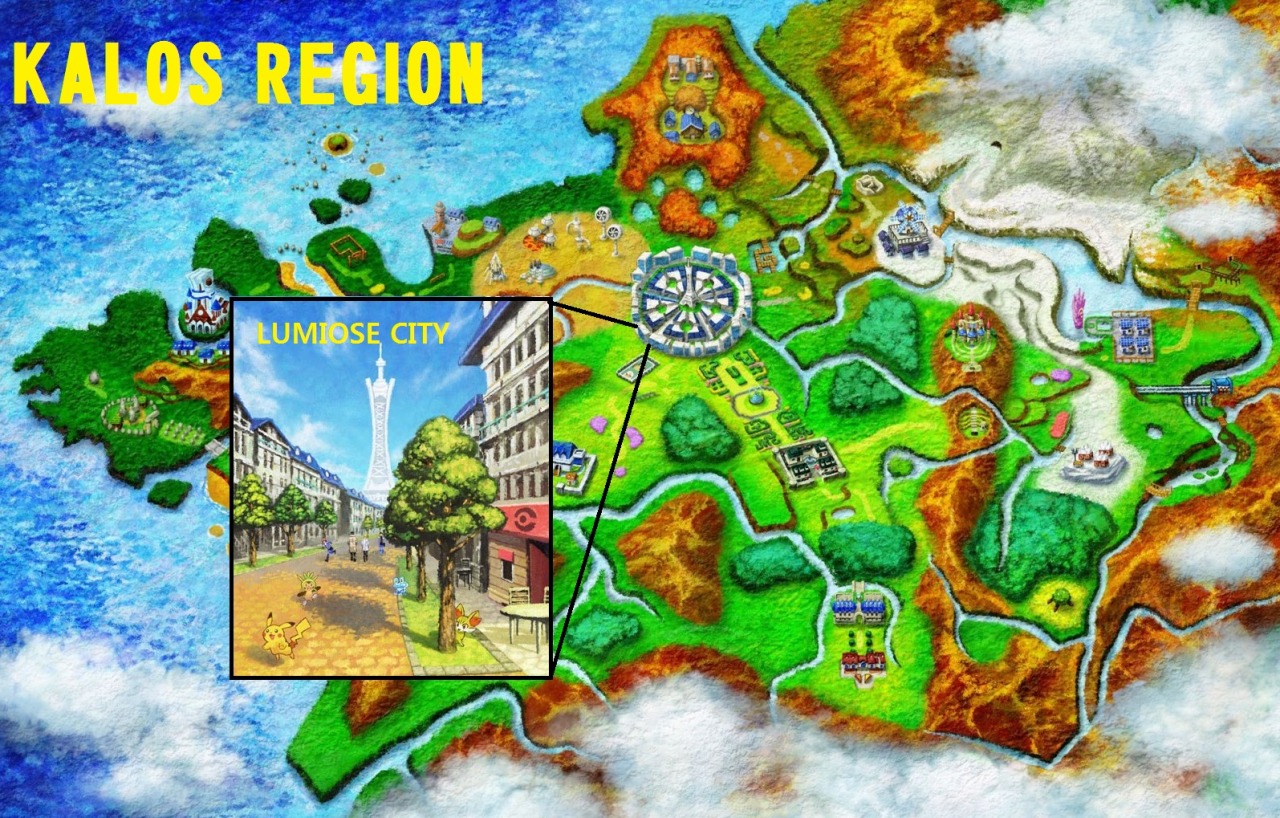
How does this relate to Linguistics in the Pokémon world? Well, it has to do with diversity. Because the Pokémon world consists of such diverse regions with its own unique inhabitants, Language Variation and Language Contact (Loanwords and Pidgin/Creole Languages) exist.
While it does sound childish, the names of each Pokémon are quite interesting. Looking at the etymology of each name often show a mix between different languages (A list of Pokemon name origins).
A more complex name can be seen in the newest Pokémon, Diancie (Pokémon #719), which includes the use of loanwords.
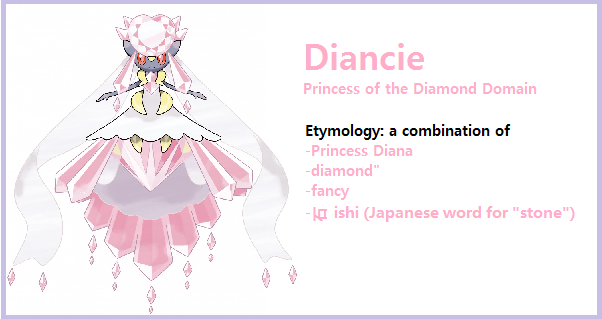
As mentioned before, “Pidgin” Languages also exist in the Pokémon world. Although not as extensive as real Pidgin Languages, the Orange Islands is a region that has its own unique versions of the language, varying with each different island.
Finally, there is an entirely separate language spoken by the Pokémon themselves. Interestingly enough, there are quite a lot of similarities between Pokemon Language and Animal Communication in Linguistics. Morever, the humans in the Pokémon world are unable to learn and understand Pokémon language just as humans in the real world can not learn animal language.
In fact, there are many cases in the Pokémon world where children are raised by Pokémon (ex. Kangaskhan Kid). They are pretty much similar to feral children (ex. Genie) in that it is extremely difficult for them to acquire human language. Chomsky’s critical period hypothesis? Perhaps. Perhaps not.
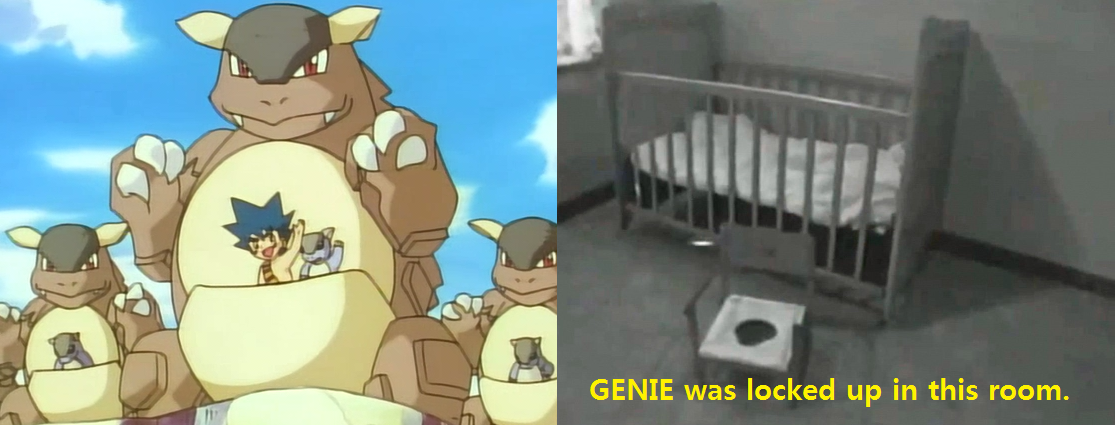
There is, however, a very odd Pokémon named Meowth that can speak and understand both Pokémon and human language. The way this creature acquired human language is very similar to how babies acquire language (Child Language Acquisition) and the stages involved in first language acquisition (Babbling Stage -> One Word Stage -> Multi-Words).


Well, that’s it for my geeky take on Pokémon and Linguistics.
Blog 5: Masterpost McGonigal
A Field of Links- By Julia McGonigal
I’m planning on taking an ASL class while at SDSU. I would love to become fluent but it might be a bit hard if this is true
My parents have always pushed me to learn a language besides Spanish, and every time they do I like to pull out this bad boy !
I’ve always heard that once you speak one latin based language you can learn others easily.
Who know’s if that’s true though? It always seems that languages can be easily learned when you are a baby, not as a young adult
Another suggested language that was suggested for me to try and learn is computer programming language. It seems a bit challenging to me, but I think it could be really cool if I was learning stuff like this
I love that movie Avatar, and I’m totally going to geek out here but there’s tons of different ways to learn the language!
I’ve been trying to figure out if the language itself could be taught as an elective, I’m pretty sure some people have attempted it…
But I mean I know that the individuals who created the Na’vi language studied many different linguistic aspects
Some even go so far as to figure out the specific phonology of the language!
But enough about the already existing Na’vi language…I think it would be interesting to see what goes into developing your own language
It’s the strangest blog I’ve ever found…and yet it is extremely fascinating. I think if I were to create my own language it would just be a bit of confusion.
The best thing for me to do is to find a language that I find interesting, and follow a passion. In this case it’s definitely going to be the Na’vi language! And here’s how I’m going to learn it
Diverse Linguists
 Aaron Hayag
Aaron Hayag
- DOB: 02/13/1995
- Place of Birth: Philippines
-
Languages:
- Filipino, English
- Took 3 years of Spanish
- Currently taking Korean.
- Random Facts: Was heavily exposed to Chinese and Japanese culture through media and other outlets (music, television, relatives, etc.)
- Loves going to concerts (favorite bands: 소녀 시대 (SNSD) and Infinite
I am a freshman attending San Diego State University. I am currently undeclared but I have a strong interest in World History and Anthropology. I would love to travel all around the world to see the famous landmarks of history, experience other cultures first hand, and most importantly communicate with people from different places through language. That being said, my curiosity and interest in foreign languages, has prompted me to take Linguistics 101 to get a closer glimpse at the structure of language. I have familiarized myself with the basic morphological types of languages. Synthetic Languages: Tagalog and Korean (Agglutinating); Spanish (Fusional) and Isolating Languages: Mandarin Chinese! As well as English, which does not really fit into any specific category.
 Angela Almeida
Angela Almeida
- DOB: 02/04/1996
- Place of Birth: San Diego
-
Languages:
- English & Spanish
- Spoken both equally throughout my life
- Took 3 years of Spanish in high school
- Passed the AP test
- English & Spanish
- Hobbies: Reading, writing, going to concerts, mindlessly scrolling through social sites. Whoops!
I have always been a writer. Making up stories and reading books prompted my love for English. Although I have always considered classroom english to be relatively easy, linguistics is more of a struggle. It’s always something new to learn everytime I’m in the room. Thus far, I am pretty good at phrase structure trees as well as phonetic sounds in the standard English language. By already being bilingual this helps plenty because I already knew things that didn’t have a name for them up until now. Hopefully by the end of this course, I will have gotten a better grip at linguistics and what it is about.
Alonzo Garcia
- DOB: 07/20/1995
- Place of Birth: Chula Vista, CA
-
Languages:
- English, Spanish, Italian
- Took and passed AP Eng. Lang. and Eng. Lit., AP Spanish Lang. and Spanish Lit., and AP Italian
- Planning to learn French, Portuguese, Mandarin Chinese within the next five years.
- English, Spanish, Italian
- Hobbies: Languages, Wrestling, Playing/Listening to Music, Reading
Languages have always been a passion of mine because I feel they are a bridge between cultures and unify the world. Currently I speak three languages which include English, Spanish, and Italian. A strength in linguistics I’ve obtained through speaking Spanish and Italian is the understanding of lexical and structural ambiguity. In the languages of Spanish and Italian there are a large quantity of terms and sentences with multiple meanings and for that reason ambiguity is a strength of mine.
 Aleena Nawabi
Aleena Nawabi
- DOB: 05/20/1983
- Place of Birth: Afghanistan
- Languages: Farsi, Dari, Arabic, Urdue, English, Pushto
- Hobbies/Fun facts: I love running, Cooking, Singing, teaching, learning, and SYNTAX!
Because I was adopted, my first language is Spanish but because I did not practice it, I have forgotten most of the language. My second language was English and the rest of the Languages I acquired was in my mid-teens. Next semester I will be learning Turkish because I am planning to teach abroad in Turkey.
 Tian’ao Wang
Tian’ao Wang
- DOB: 08/11/1995
- Place of Birth: China
-
Languages:
- Mandarin Chinese, English, some Cantonsese
- Hobbies/Fun facts: Swimming, watching movies, singing,playing computer games.
I was born in China and was exposed in Mandarin Chinese all the time, so my first language is that. My second language is English, I have studied English since I was in primary school. As for the Cantonese , that’s my favorite language, I have practiced it for three years.
 Cheyanne Tarango
Cheyanne Tarango
- DOB: 05/19/1996
- Place of Birth: Fillmore, CA
-
Languages:
- spoke English growing up
- was exposed to Spanish during childhood
- Took two years of Spanish in high school
- currently taking another Spanish class.
- Hobbies/Fun facts: I love Netflix, food, music, and sleep. I enjoy spending time with my family and also going to concerts.
I am a freshman at San Diego State University. I’m currently undeclared but I have a developing interest in Construction Engineering. After I finish school, I wish to travel to countries on the other side of the world to experience the different cultures and see the way they live. It would be a lot harder to do so without learning a few things about language first, things that are taught in Linguistics. Linguistics 101 has helped me understand some of the basic rules of syntax and semantics in other languages, like some of the rules for Spanish language. I’d say that my strengths in Linguistics are determining what part of grammar words in a sentence are and how they are paired in a syntax tree. Another strength I have is working with morphemes.
Dingming Liu
- DOB: 04/29/1995
- Place of Birth: China
-
Languages:
- spoke Chinese growing up
- Hobbies/Fun facts: sports ,music, movies, travelling, cars
Took fours years of English from high school till now and I am currently studying Introduction to Spanish class.
Despite their differences, 7 linguists from around the world have come together to share their knowledge with each other! NO LANGUAGE BARRIERS CAN STOP US!
The Traveling Linguists
Name: Katrina Renea Chavez
Age: 18
Birthday: December 20, 1995
Favorite color: Blue
Favorite food:Chicken Alfredo Pasta
Pets: 9 cats ( 8 with my dad, 1 with my mom)
Language: English, knows a little bit of Spanish, and learning Japanese.
Race: American, Spanish, Italian, Irish, and Native American
Strength/Weakness: Great at math but weak in writing.
Katrina wants to travel all over the world and experience different cultures. She wishes to go to places like Japan, Greece, Italy, and most of Europe. She also wishes to be fluent in more than 2 languages. She loves helping people, even if they are strangers.
Name: Paige Bowden
Age: 20
Birthday: April 26, 1994
Favorite Color: Black
Favorite Food: The entire Cheesecake Factory menu
Pets: 2 adorable doggies.
Languages: English (Fluent), Spanish (Working on it)
Ethnicity: Welsh, English, Mexican
Weakness/Strength: I suck at math, but I can write!
When Paige isn’t sitting in class, earning her way to that English degree, she is serving food and living off tips. When she does finally have a day off, you can either find her in bed past noon or online
shopping. She hopes to travel to all of Latin America. Especially Spain!
Name: Michelle Kuerz
Age: 23
Birthday: October 9, 1990
Favorite Color: Green
Favorite Food: Pasta
Pets: No pets at the moment, but I grew up with dogs, cats, rabbits and goats!
Languages: English (Fluent), American Sign Language (in progress)
Ethnicity: German, Irish, Scottish, English
Michelle wants to explore the world and see new places. Upon graduating in December, she hopes to move to Australia to pursue a Master’s Degree in Speech Pathology. If she could live on the beach in the sand, she would.
Name: Carl Spence
Age: 20
Birthday: January 05,1994
Favorite Color: Gray
Favorite Food:
Pets: 2 Dogs, a Pekinese and Mixed Chiwawa
Languages: English, learning Japanese
Ethnicity: Chinese, Philipino, White
By day Carl is a SDSU and Grossmont student trying to earn a double major in Japanese and Linguistics, while taking care of two reckless puppies. By night, he is an ESS Attendant, At the Casa De Oro elementary school, maintaining and educating kids of all ages, while managing ends meet of housing, gas and school. He wishes to travel to Japan.

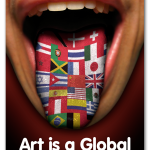
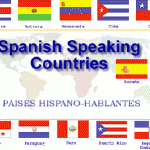
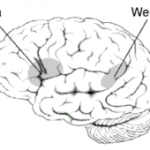

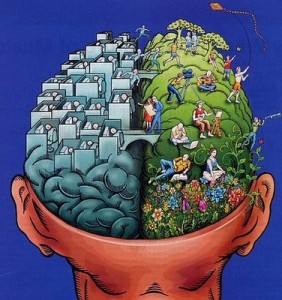

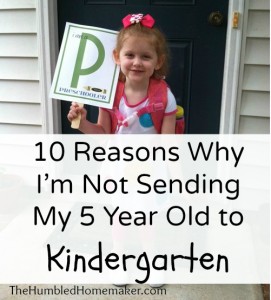
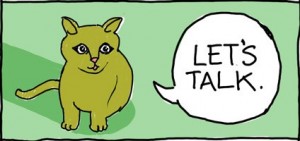
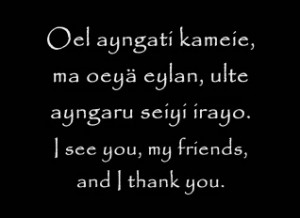

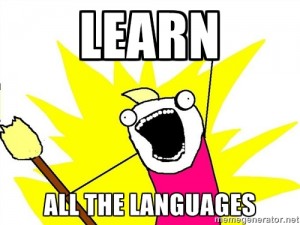
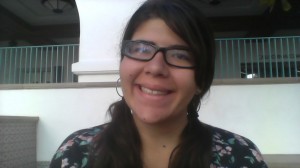


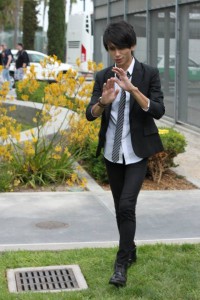
 D5 Creation
D5 Creation